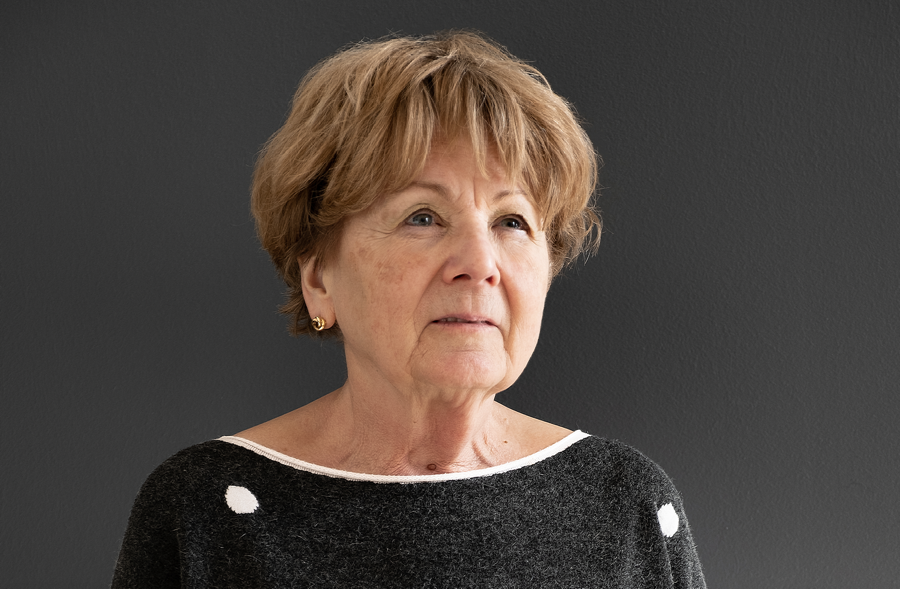“The man sitting in front of me is silent and not only because he knows just two words in English, but because he doesn’t want to talk – he sees himself – at least not with us. His silence is dark, his eyes look away, mostly to the ground. I wonder if it is the past that he doesn’t want to see, as they say it happens to those who have suffered more than he could bear, or if he no longer cares about the future, if he has given up on it. And he’s not that young either, not by our standards: T. H. he is 35 years old and is Pakistani.
It is the second time that T. H. comes to visit. The first, 15 days ago, ended with a diagnosis of viral tracheitis. The medical history had been brief due to difficulty in conversation: dry cough for a few days and retrosternal pain, a bit of widespread itching. It was February and many of our patients had cold symptoms. Objectivity was modest, no fever, a few single lung snores; the itch and it is not always scabies, perhaps it is the lack of hygiene during the trip or even just the discomfort, anxiety, insecurity of the situation. He was given some ambroxol syrup and a few cetirizine tablets to stop the itch.
This time there is a boy with him, the boy speaks a little more English and seems to take the fate of T. H. So when we ask once again about the cough he intervenes and says that he has no had these symptoms for a few days, it has been a long time and that when he was at the camp in Bosnia he had to stay for two months because he was sick.
Of course, things change, and some lights come in our head. The visit confirms that the situation is more serious than two weeks before: at the right base there is a hypophonesis and a very diminished murmur with some crackling. There is still no fever. Diagnosis is suspected right basal effusion bronchopneumonia and urgent chest x-ray is required before starting any treatment. The suspicion of a specific origin is strong and we warm operators to take the necessary precautions.
In the evening at home I send to Stella, the colleague who works in the ER, so that she knows about the problem and keeps an eye on the young man: Stella is always accurate and attentive, and she never underestimates problems. DonK’s fruitful chain doesn’t end there, however: the next day we receive a message from another colleague of the association that is finishing the specialization in infectious diseases. Verena confirms that the case has been taken by her department and that the suspicion has been confirmed. Finally, T. H. he is in good hands, and we hope that in some time with his health he will recover some happiness”.
Giovanna, volunteer doctor DonK HM

